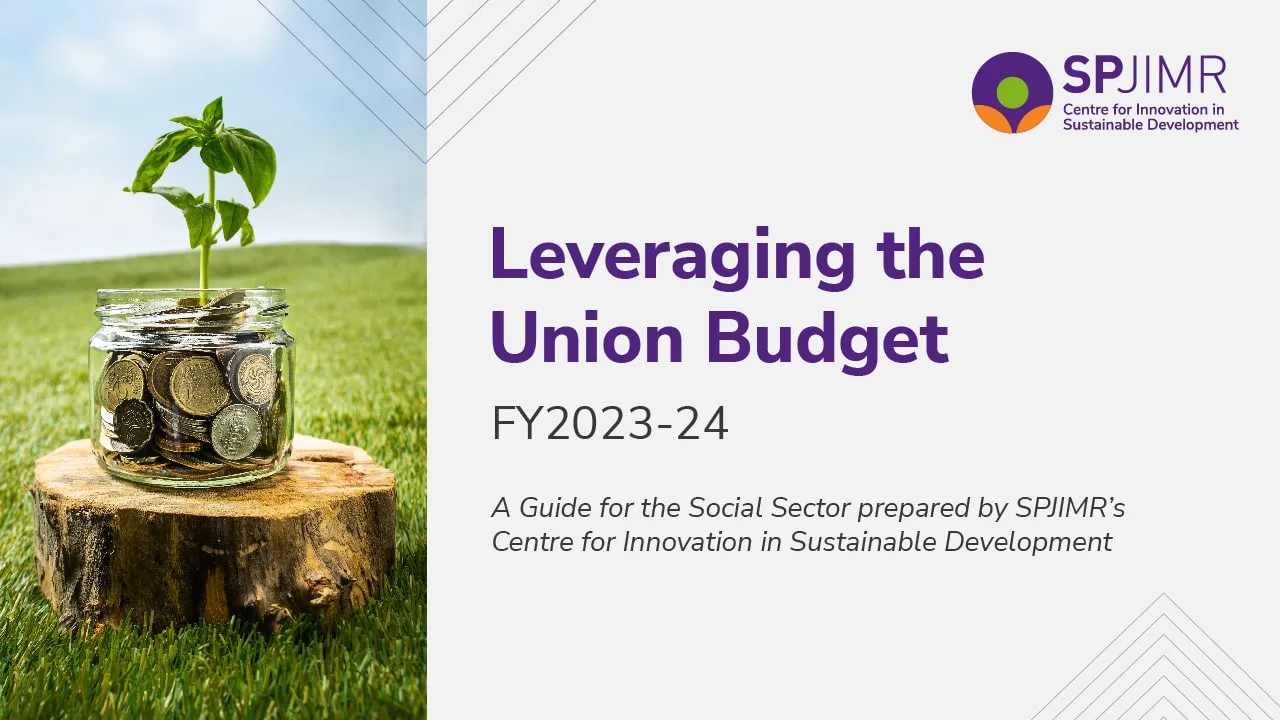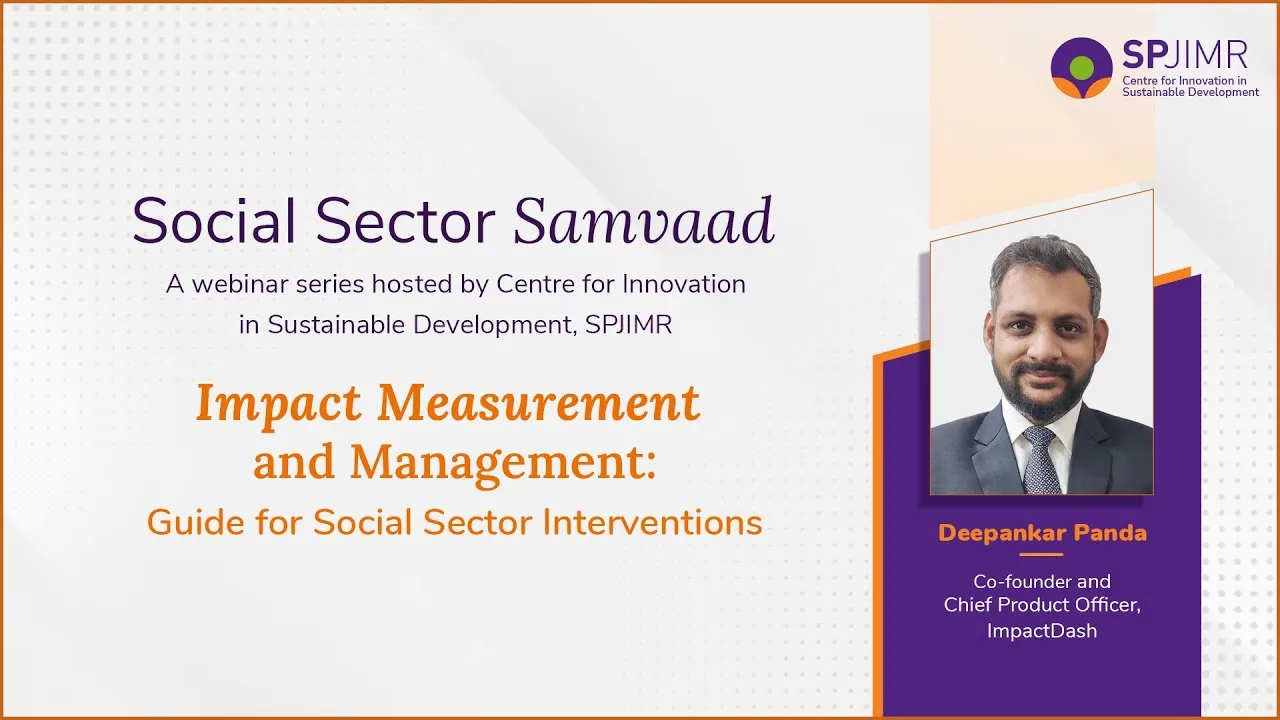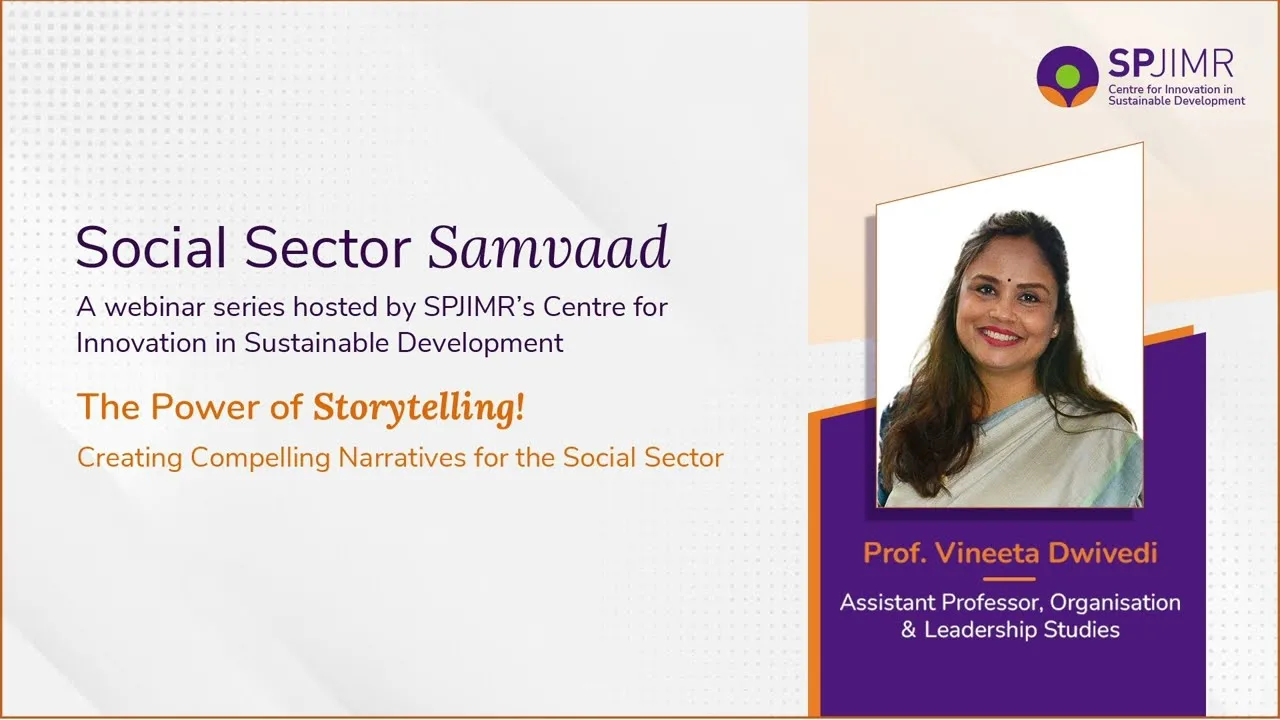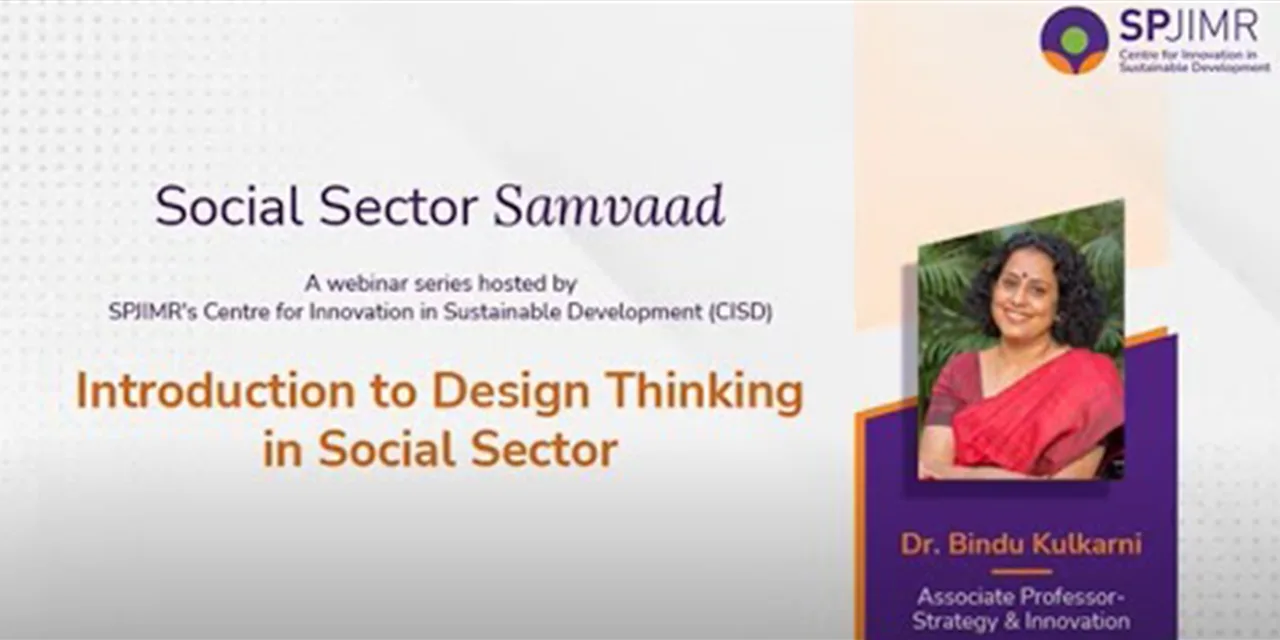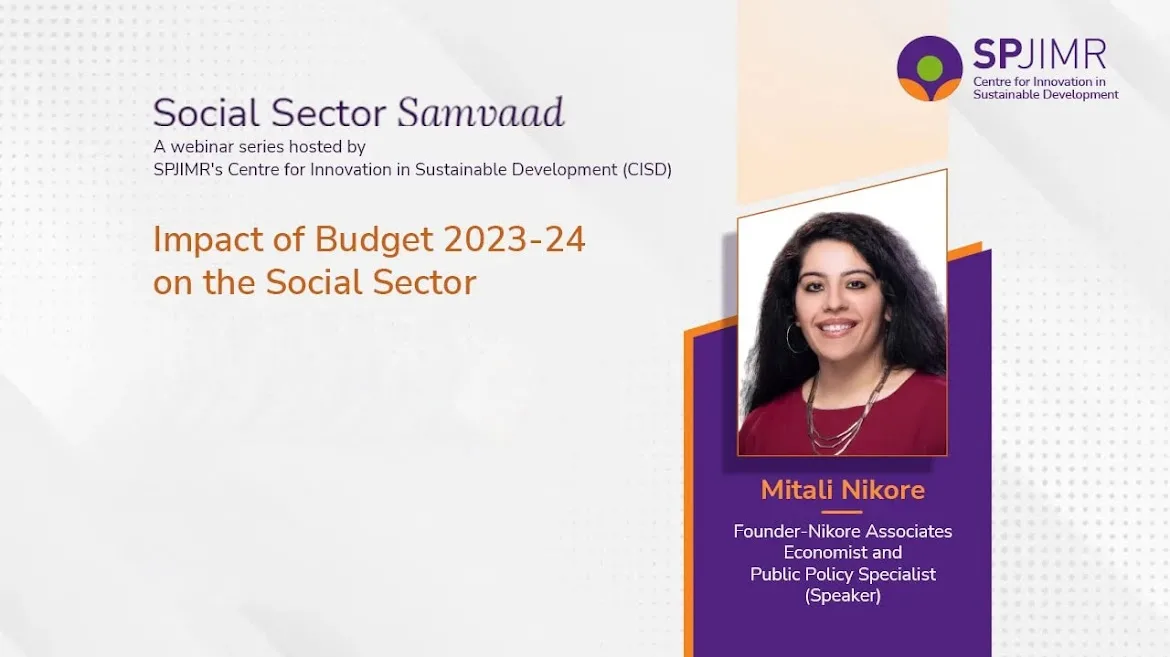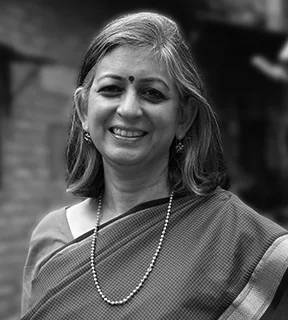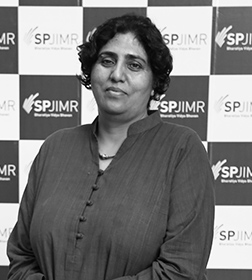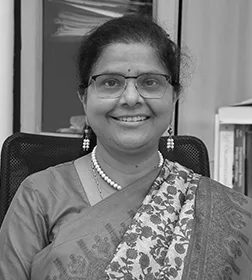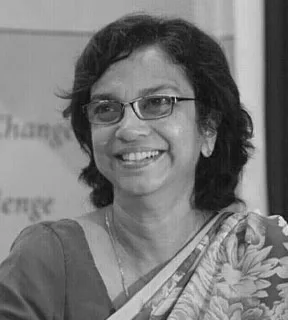20 Jun 2024
Conceptual framework of factors enhancing sustainability-oriented innovations
Alpana Taneja, Vinay Goyal & Kunjana Malik
Know more
19 Jun 2024
Role of ESG and private equity on environmental degradation: a nexus of opportunity and responsibility for developing and developed countries
Kunjana Malik & Sakshi Sharma
Know more
19 Jun 2024
The impact of renewable energy on inflation in G7 economies: Evidence from artificial neural networks and machine learning methods
Long Zhang, Hemachandra Padhan, Sanjay Kumar Singh & Monika Gupta
Know more
15 May 2024
Interest subvention for crop loans in India: Win-win or win-lose?
Disha Bhanot, Vivek Farias & Deeksha Sinha
Know more
6 May 2024
Sustainable leadership: Navigating the green transformation in modern business
Ashneet Kaur & Sudhanshu Maheshwari
Know more
19 Apr 2024
Asude’s digital social innovation for improving learning outcomes
Alka Agarwal & Jyoti Jagasia
Know more
13 Apr 2024
Increasing adoption of biofertilizers in India: problems faced by Indian farmers
V Shankar & Ashish Gupta (PGDM participant)
Know more
13 Mar 2024
Trendy fashion is not always great for the planet, but circular fashion choices can help
Prabhat Pani & Sunita Chandak
Know more
28 Dec 2023
BAEL: Can pivoting to blockchain help the early-stage agritech startup in India?
KC Shyam, Sushmita Srivastava, & Lijo John
Know more
15 Oct 2023
Charting the path toward a greener world: A review of facilitating and inhibiting factors for carbon neutrality
Shalini Talwar, Amandeep Dhir, Adeel Luqman, Jaya Gupta & Ritika Gugnani
Know more
21 Sep 2023
Paani Foundation: A gamified approach to water crisis in rural India
Pallavi Mody, Sushmita Srivastava & Shyam KC
Know more
12 Jul 2023
Analyzing the food waste reduction intentions of UK households. A Value-Attitude-Behavior (VAB) theory perspective
Muhammad Danish Habib, Puneet Kaur, Veenu Sharma & Shalini Talwar
Know more
1 Jul 2023
Resistance of multiple stakeholders to e-health innovations: Integration of fundamental insights and guiding research paths
Shalini Talwar, Amandeep Dhir, Nazrul Islam, Puneet Kaur & Ahlam Almusharraf
Know more
12 Jun 2023
Different strokes for different folks: Comparative analysis of 3D printing in large, medium and small firms
Amandeep Dhir, Shalini Talwar, Nazrul Islam, Rasha Alghafes, & Saeed Badghish
Know more
11 Jun 2023
Disruptive digital innovations in healthcare: Knowing the past and anticipating the future
Umesh Bamel, Shalini Talwar, Vijay Pereira, Laura Corazza & Amandeep Dhir
Know more
1 Aug 2023
Lakhpati Kisan programme: Boosting the income of marginal farmers through women empowerment
Mihir Ajgaonkar & Tanvi Mankodi
Know more
17 Jun 2023
Biodiversity: The next sustainability frontier for Indian business
Prabhat Pani
Know more
22 Jun 2023
Tackling plastic pollution: For-profits, non-profits and citizens does matter!
Prabhat Pani
Know more
16 Jun 2023
The ever-growing problem of plastic pollution in the oceans
Prabhat Pani & Sunita Chandak
Know more
23 May 2023
Why India should lead the millet revolution
Prabhat Pani & Akshita Agrawal (PGDM participant)
Know more
18 Apr 2023
Can better water management lead to an increase in agricultural income? Inferences from the Lakhpati Kisan Program of Tata Trusts
Sushmita Srivastava, Amit Kumar Singh (PGDM-BM participant) & Yash Kamdar (PGDM-BM participant)
Know more
6 Apr 2023
Shree Anna, the superfood: India's millet mission for healthier, sustainable future
V Shankar
Know more
22 Mar 2023
Wake up, India – but, wash your face with limited water!
Prabhat Pani
Know more
8 Mar 2023
Empowered rural women as silent change agents: Learnings from the Lakhpati Kisan Program of Tata Trust
Sushmita Srivastava & Harshita Mallareddy (PGDM-BM participant)
Know more
3 Mar 2023
SDG-embeddedness in business school operations: State-of-the-art literature, ground realities, and measurement parameters
Shalini Talwar, Amandeep Dhir, Arun Madanaguli & Peter Ractham
Know more
27 Feb 2023
The great melting and eventual sinking: Have we reached the point of no return?
Shalini Talwar & Aryan Sugla (PGDM participant )
Know more
18 Jan 2023
Transformation of supply chain management to green supply chain management: Certain investigations for research and applications
Neha Saini, Kunjana Malik, & Sakshi Sharma
Know more
12 Jan 2023
Survival and sustenance strategy of primary agricultural cooperative credit societies in India: a fuzzy interpretive structural modelling approach
Debadutta Kumar Panda, Kaushik Bhattacharjee, Debmallya Chatterjee, Sankarshan Basu
Know more
9 Jan 2023
The relationship between international trade in industry 4.0 products and national-level sustainability performance: An empirical Investigation
Arindam Das
Know more
14 Dec 2022
Elephants are also your business if you are in the plantation industry in India
Prabhat Pani
Know more
13 Dec 2022
Mitigating Climate Change Requires Innovative Solutions
Prabhat Pani
Know more
1 Nov 2022
Emotions and food waste behavior: Do habit and facilitating conditions matter?
Fauzia Jabeen, Amandeep Dhir, Nazrul Islam, Shalini Talwar, & Armando Papa
Know more
10 Mar 2022
Exploring the effects of import diversification on energy efficiency: Evidence from the OECD economies
Buhari Dogan, Diogo Ferraz, Monika Gupta, Toan Luu Duc Huynh & Irum Shahzadi
Know more
23 Aug 2022
Digital transformation of healthcare sector. What is impeding adoption and continued usage of technology-driven innovations by end-users?
Shilpa Iyannaa, Puneet Kaur, Peter Ractham, Shalini Talwar & A.K.M.Najmul Islam
Know more
30 Jul 2022
Balancing food waste and sustainability goals in online food delivery: Towards a comprehensive conceptual framework
Amit Shankar, Amandeep Dhir, Shalini Talwar Nazrul Islam & Piyush Sharma
Know more
29 Jul 2022
Virtual reality tourism to satisfy wanderlust without wandering: An unconventional innovation to promote sustainability
Shalini Talwar, Puneet Kaurb, Octavio Escoba & SaiLane
Know more
20 Jul 2022
Green supply chain management in manufacturing firms: A resource-based viewpoint
Mehmood Khan, Mian M. Ajmal, Fauzia Jabeen, Shalini Talwar & Amandeep Dhir
Know more
20 Jun 2022
Diving into the uncertainties of open innovation: A systematic review of risks to uncover pertinent typologies and unexplored horizons
Arun Madanaguli, Amandeep Dhir, Shalini Talwar, Thomas Clauss, Sascha Kraus, Puneet Kaur
Know more
18 Jan 2022
Chapter 5: The labor participation of persons with disabilities in India: journey from the old to the new act (1995-2016)
Amit Jain & Shreyashi Chakraborty
Know more
6 Jan 2022
Green offering: More the centrality, greater the scepticism
ShabbirHusain R.V.
Know more
3 Jan 2022
Tata Power CSR: The paradigm shift for sustainability
Bikramjit Ray Chaudhuri, Preeta George, Nirja Mattoo & Jeenal Shah
Know more
7 Dec 2021
Assessing blockchain-based innovation for the “Right to Education” using MCDA approach of value-focused thinking and fuzzy cognitive maps
Sarah Ashok Sonje, Rohan Sanjay Pawar, Shekhar Shukla
31 Oct 2021
National Education Policy 2020- Enhancing social cohesion and sustainable development
Nirja Mattoo
Know more
22 Oct 2021
Danone: Leading change by rejigging purpose?
Tulsi Jayakumar & Surya Tahora
Know more
21 Aug 2021
Understanding consumer preference between bundled and unbundled green offering
ShabbirHusain R.V., Sanjeev Varshney, Pingali Venugopal & Munish Thakur
Know more
29 Jun 2021
Leveraging blockchain technology for Indian healthcare system: An assessment using value-focused thinking approach
Rashmi G. Shukla, Anuja Agarwa & Vidhu Shekhar
Know more
11 May 2021
SPJIMR student wins Tata social enterprise challenge
Prabhat Pani
Know more
1 Feb 2021
Migration, trade and investment: Towards a new common concern of humankind
Thomas Cottier, Anirudh Shingal
Know more
15 Dec 2020
Serum Institute of India: COVID-19 vaccine pricing
Malay Krishna & Sunny Arora
Know more
10 Nov 2020
Food subsidy distribution system through blockchain technology: A value focused thinking approach for prototype development
Rohan Sanjay Pawar, Sarah Ashok Sonje, & Shekhar Shukla
Know more
10 Nov 2020
Assessing the effectiveness of total foreign aid and foreign energy aid inflows on environmental quality in India
Mantu Kumar Mahalik, Muhammed Ashiq Villanthenkodath, Hrushikesh Mallick & Monika Gupta
Know more
10 Oct 2020
The role of humanity in healthcare
Jagdish Rattanani
Know more
18 Sep 2020
ITC Hotels: Is responsible luxury sustainable?
Malay Krishna & Pooja Mhapsekar
Know more
26 Aug 2020
Review of literature on green consumer behaviour over 25 years (1994-2018)
ShabbirHusain R.V.
Know more
30 Apr 2020
Demonetization and digital payments in India: Perception and reality
Manisha Chakrabarty, Ashutosh Jha & Partha Ray
Know more
1 Feb 2020
Factors affecting quality of schools in India
Bishwaroop Ghosh, Goutam Panigrahi & Debmallya Chatterjee
Know more
24 Sep 2019
Sustainability policies for the fashion industry: A comparative study of Asian and European brands
Anupama Gupta
Know more
15 Oct 2018
The Muktangan story (Part A): An organizational study; and The Muktangan story (Part B): Winds of Change
Mihir Ajgaonkar & Keith D'Souza
Know more
25 Jun 2018
Livelihoods for women: Multi-agency models in India
K G Karmakar, Nirja Mattoo, & M.Suresh Rao
Know more
7 Aug 2018
Giving is a Very Serious Business
Prabhat Pani
Know more




